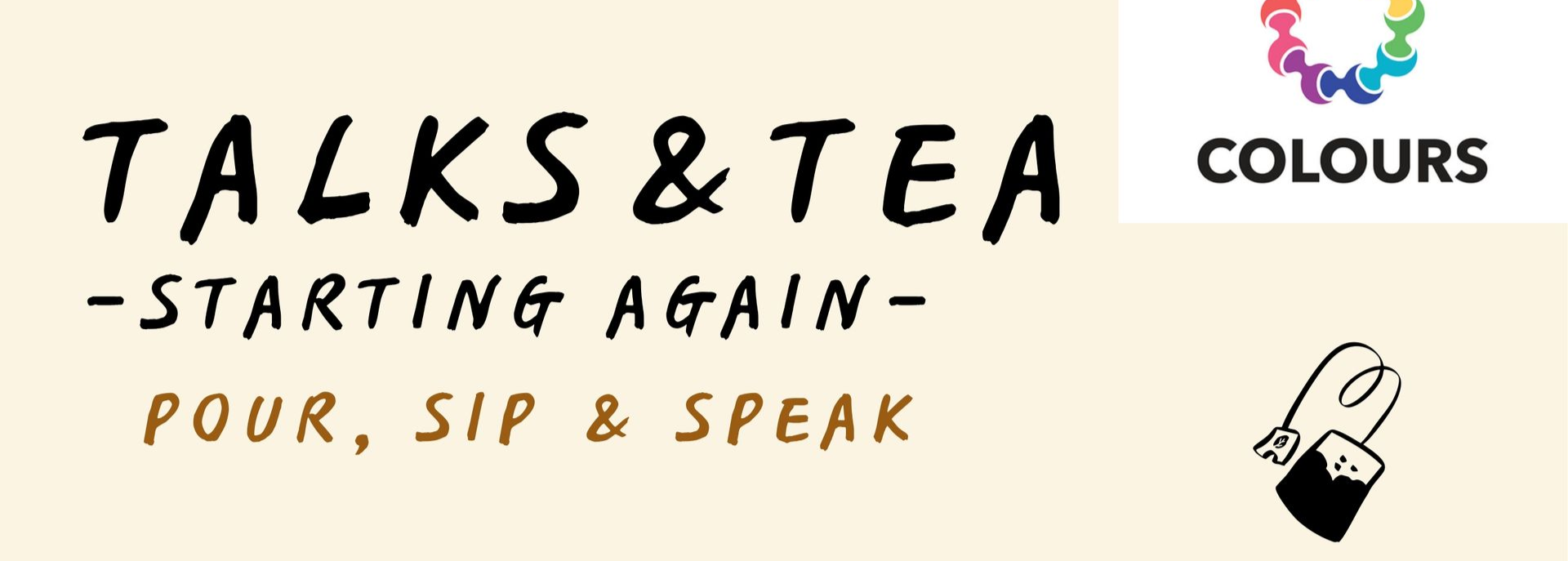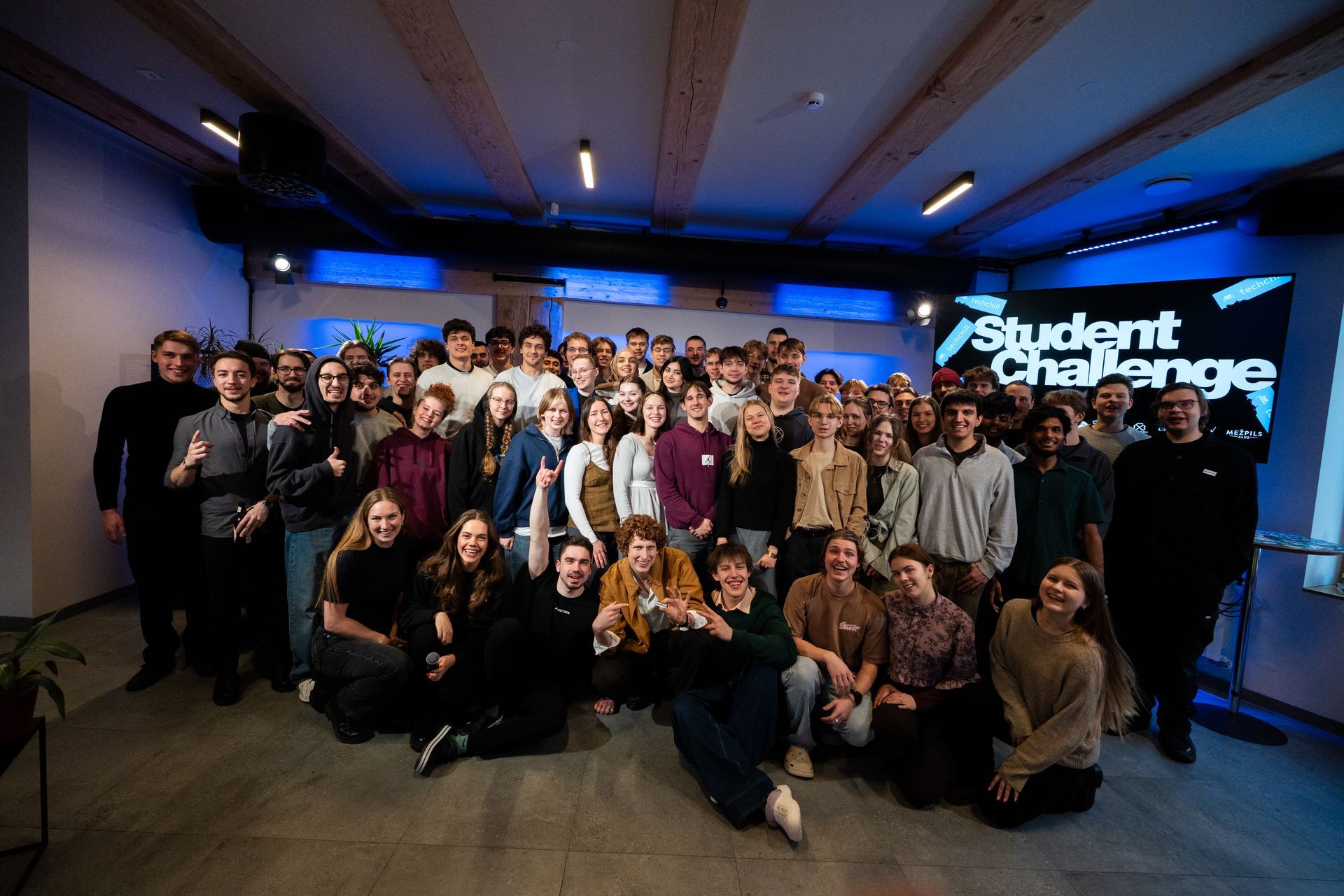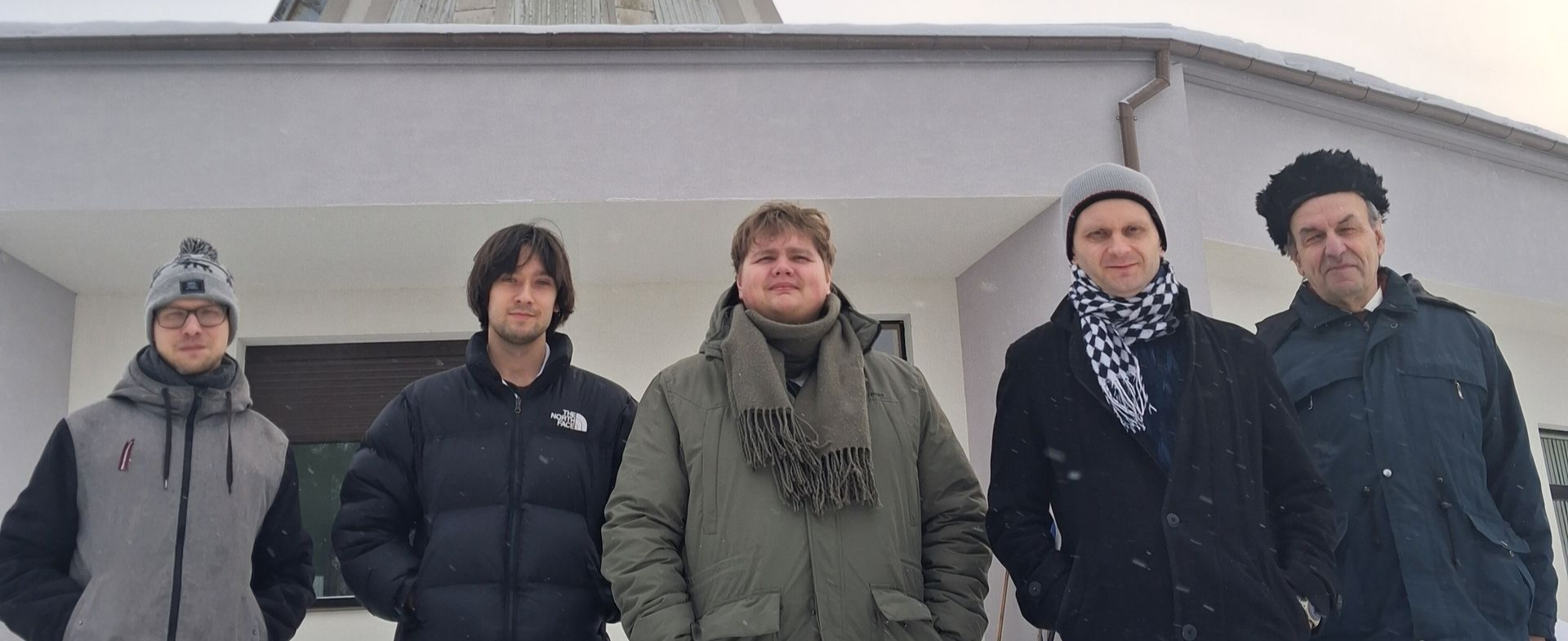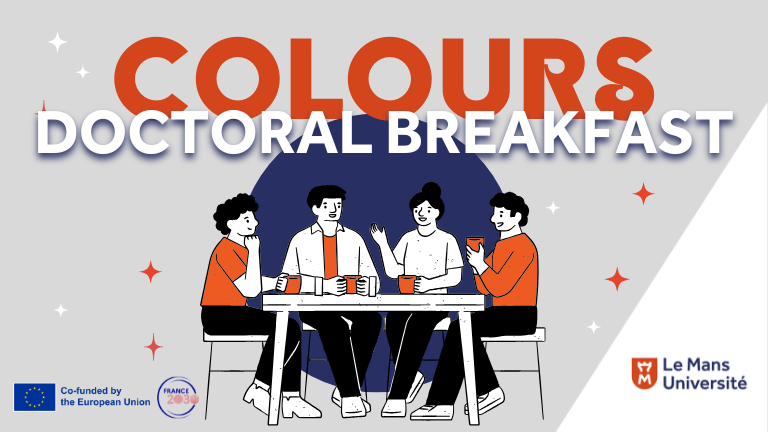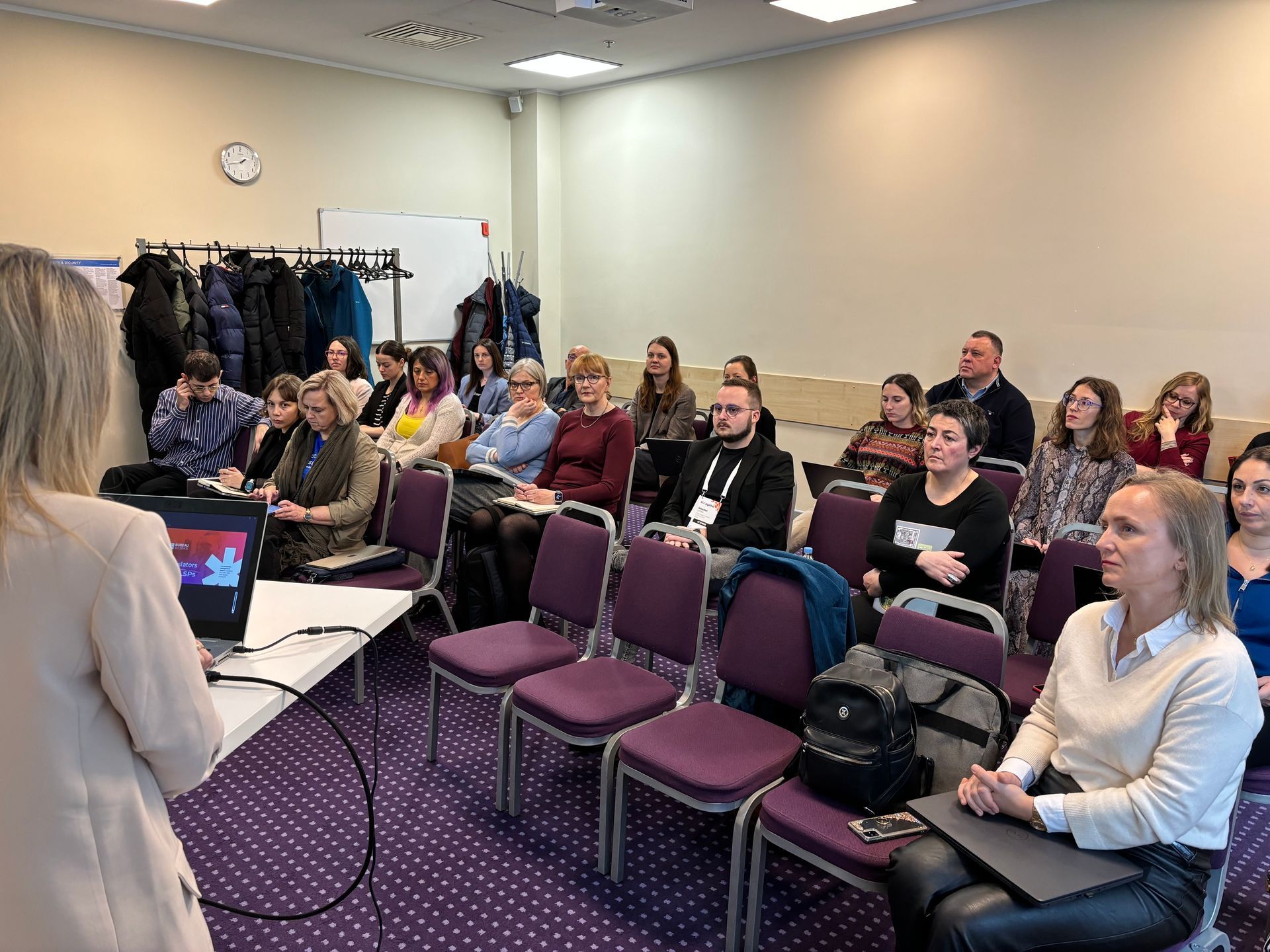Interview: Aiga Bādere's Insights Gained from Participating in the ELIA Conference "Together 2024"
Tell us about the conference you attended!
At the end of February, I participated in the European Language Industry Association (ELIA) conference “Together 2024” in Riga. ELIA is a non-profit organization that holds events in various countries each year. The primary target audience included representatives of translation and localization companies, such as translation project managers, freelance translators, developers of translation tools, and representatives of educational institutions. Over two and a half days, a variety of topics were covered, including collaboration between translators and project managers, opportunities provided by artificial intelligence in translation, quality assurance, post-editing, networking among freelance translators, and mental health.
Why do you think attending such a conference is important?
Attending the conference provides a better understanding of how the translation industry is evolving. It’s an opportunity to learn what translation companies expect from translators and translation students, as well as to discover various resources. I also took part in a hands-on workshop where I got to explore a new translation tool.
What are the key impressions and insights from the event?
As a university lecturer, I was once again reassured that our graduates are highly needed and eagerly awaited. As a freelance translator, I was delighted to meet translators from various countries. Freelancing often means working in solitude—translators sit at home in front of a computer, translating continuously, knowing editors and project managers only through email communication. Therefore, the practical advice shared at the conference about networking opportunities and taking care of mental health was particularly valuable.
The most important takeaways were about the prerequisites for successful collaboration: mutual respect, honesty with oneself and others, and the understanding that everything can be resolved if there is open communication. These may seem like obvious points, but they are crucial for working in a way that feels good and psychologically safe.
What are the benefits for the university and its students when university representatives attend such events?
The benefits are numerous and practical. First, there are collaboration offers that have already been forwarded to our master's students. Second, participation in ELIA’s university network allows us to host remote guest lectures by language professionals from the network free of charge. These are top-tier professionals who genuinely shape the language services industry and deliver lectures worldwide. Third, the Faculty of Translation Studies has acquired a new translation tool, “BWX,” which combines project management, computer-assisted translation, machine translation, post-editing, and AI-enhanced features. Fourth, several companies have expressed interest in participating in our Career Day on April 10 and collaborating with the university to provide internship opportunities for translation students.
How important is collaboration between universities, industry representatives, and businesses, and what does it foster?
The mentioned benefits already highlight how vital collaboration is. Only through collaboration can we ensure that the requirements of the translation industry are timely integrated into study courses. The faculty’s collaboration with the industry has always been crucial and mutually beneficial—companies need graduates, and graduates need companies. Such an event allows both sides to understand each other better.
Would you like to add anything else?
The conference provided an unforgettable experience not only because the organizers thought of everything but also because it gave me a clearer understanding of what is currently most important in translation and localization. The key word, of course, is collaboration, and I am deeply grateful to the university graduate Kaspars Kļaviņš and his company TranslatePro for encouraging and supporting my participation in the conference.
Share on other platforms
Other news
